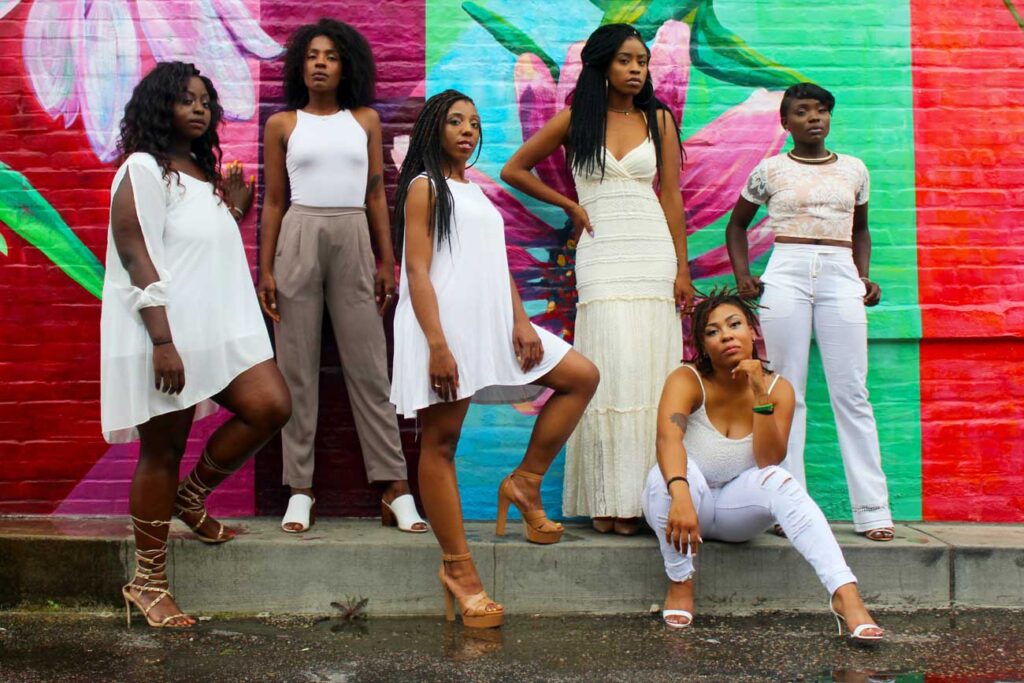Learn About Breast Cancer
Young Women, Breast Cancer
Younger women can and do get breast cancer.
Breast cancer is not an “old women” disease. It is estimated that more than 250,000 women diagnosed with breast cancer living in the US are under age 40.
Breast cancer can occur in women as young as 15 years old. More than 13,000 young women will be diagnosed this year. When younger, pre-menopausal women are diagnosed with breast cancer it may be a more aggressive form of the disease.
What Is Different About Breast Cancer in Younger Women?
Diagnosing breast cancer in younger women is more difficult, due to their tendency to have denser/thicker breast tissue. By the time a lump in a younger woman’s breast can be detected, the cancer often is advanced. Also, breast cancer in younger women may be aggressive and less likely to respond to treatment. Women who are diagnosed with breast cancer at a younger age are more likely to have a mutated (altered) BRCA1 or BRCA2 gene.
Delays in diagnosing breast cancer also are a problem. Many younger women who have breast cancer ignore the warning signs such as a breast lump or unusual nipple discharge believing they are too young to get breast cancer. Perhaps due to a lack of awareness, denial or fear these women may think a lump is a harmless cyst or other growth or menstrual swelling. Even doctors tend to tell patients not to worry when a breast problem is found. Taking a “wait and see” attitude towards these breast cancer symptoms results in valuable time lost to diagnosis and successfully treat the disease.
Young women must persist in their efforts to be correctly diagnosed and treated for breast cancer when a family history and symptoms are found.
Women in their childbearing years need to be aware of breast cancer risks and how it can be more difficult to detect during pregnancy and after childbirth. Hormone changes during pregnancy make a woman’s breasts larger, more tender and lumpy. This can make it more difficult for the woman or her doctor to notice a lump until it gets quite large. Pregnancy makes breast tissue denser, which can hide an early cancer on
a mammogram or be mistaken for normal pregnancy breast changes that can lead to delayed diagnosis.
In general, regular mammograms are not recommended for women under 40 years old and some young women have been denied a mammogram when she presents with possible breast cancer symptoms. However, screening mammograms may be recommended for younger women with a family history of breast cancer and other risk factors. Digital 3D mammography may be a useful alternate to a standard mammogram as it is more sensitive in detecting abnormalities in dense breast tissue.
Check your breasts monthly with a Breast Self-Exam, 7 to 10 days after or before your menstrual cycle, or at a designated time if you no longer menstruate, see: http://www.nationalbreastcancer.org/breast-self-exam
If you find a breast problem, make a clinical appointment to be checked and ask for a needle aspiration or needle biopsy to rule out possible cancer. Do not be turned away being told, “You are too young to have breast cancer”. A timely diagnosis is of the essence.
If you are diagnosed with breast cancer, check our “Questions to Ask” section to help you get informed about your condition and how it will affect your life.To find out more about breast cancer in young women, see: Young Survival https://www.youngsurvival.org/learn

